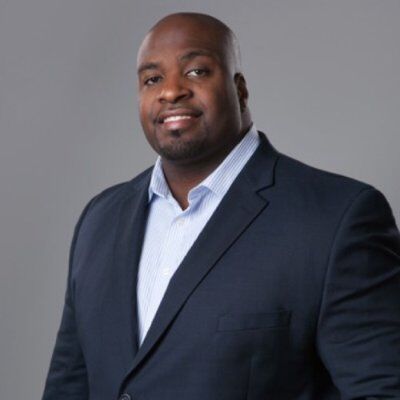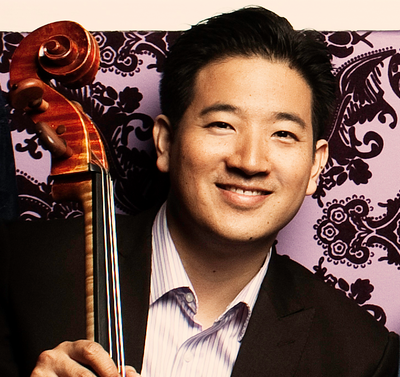
They call it “the plunge.” This fall, thousands of executives will take a leap of faith and return to campus. For the first time in a decade or more, many will be breaking out the highlighters and taking notes. And each one has a different reason for being here.
Each student has a vision — and a mission. Some join an EMBA program to land an elusive promotion and boost their pay. Others seek fresh ideas and proven methods to stay a step ahead. None wants to interrupt their careers. And all understand, in theory at least, the painful tradeoffs that adult learners must make.

Cornell’s Tavarres Brewington
Taking this plunge requires the right mindset, says Tavarres Brewington, a 2016 EMBA from Cornell University. An attorney who describes himself as “unsatisfied” before starting the program, Brewington urges this year’s incoming EMBAs to tame their fears, and ego, before entering the classroom. “Make sure you are prepared to stretch and step outside of your comfort zone,” he says. “Acknowledge that you don’t know everything and be open to learning. That allows you to unlock the full value of your program.”
Duke’s David Postill echoes Brewington’s sentiments, noting that success is often tied to having the right motivation for enrolling. “Do this degree when you are ready — when you have the work and life maturity to really get everything you can out of it,” he points out. “Don’t do this degree because you think it will get you a promotion. Do it because you want to become excellent, because you want to become an All-Star. The rest will take care of itself.”
These were two pieces of advice submitted by members of Poets&Quants’ 2016 Best & Brightest EMBAs. As part of the nomination process, these recent graduates shared their advice to future EMBA students on juggling work, family, and education.
HAVE EVERYTHING IN ORDER AHEAD OF TIME
“Always plan ahead” was the biggest takeaway for Mayra Rocha, who worked as a television producer at Univision as a Cornell student. In particular, Rocha counsels prospective students to take a basic accounting or Excel course before starting their EMBA program. Even more, she warns students to tie up their affairs ahead of time. “There will be no time to renovate a house or plan a pending medical surgery. Anything that will take up your time should not be done while doing this executive MBA.”

University of Toronto’s Adrian Fung
An EMBA has sometimes been described as “a marathon run at a sprinter’s pace.” To conserve energy and keep pace, serial entrepreneur and University of Toronto grad Miguel Jiménez recommends planning ahead. “Not like a week ahead, but months ahead,” he says. “Planning is the best tool to be able to do everything, even when you will probably miss some of your plans.”
Jiménez’s classmate, Adrian Fung, suggests something that appears naïve at best and heresy at worst to hard-charging EMBAs: Rest. For Fung, rest is about more than just recharging your batteries. “In a fast-paced lifestyle, it is easy to forget that one needs to dedicate time to just do nothing,” he explains. “This period of ‘doing nothing’ should not only be appropriated to the ‘family’ segment — if your wife only gets you when you’re completely zonked and trying to unwind, it is not fair to them.”
At ESADE, Paula Lafora Ornosa focused on her mental and physical health to get her through the program. Her best advice can be summed up in two words: Passion and vitamins. “Passion in order not to forget, in your weak moments, why you’re doing the programme and that you must give your best,” she notes. “And vitamins (or very good food) to support the lack of sleep and fatigue and to be able to face daily challenges.”





Questions about this article? Email us or leave a comment below.